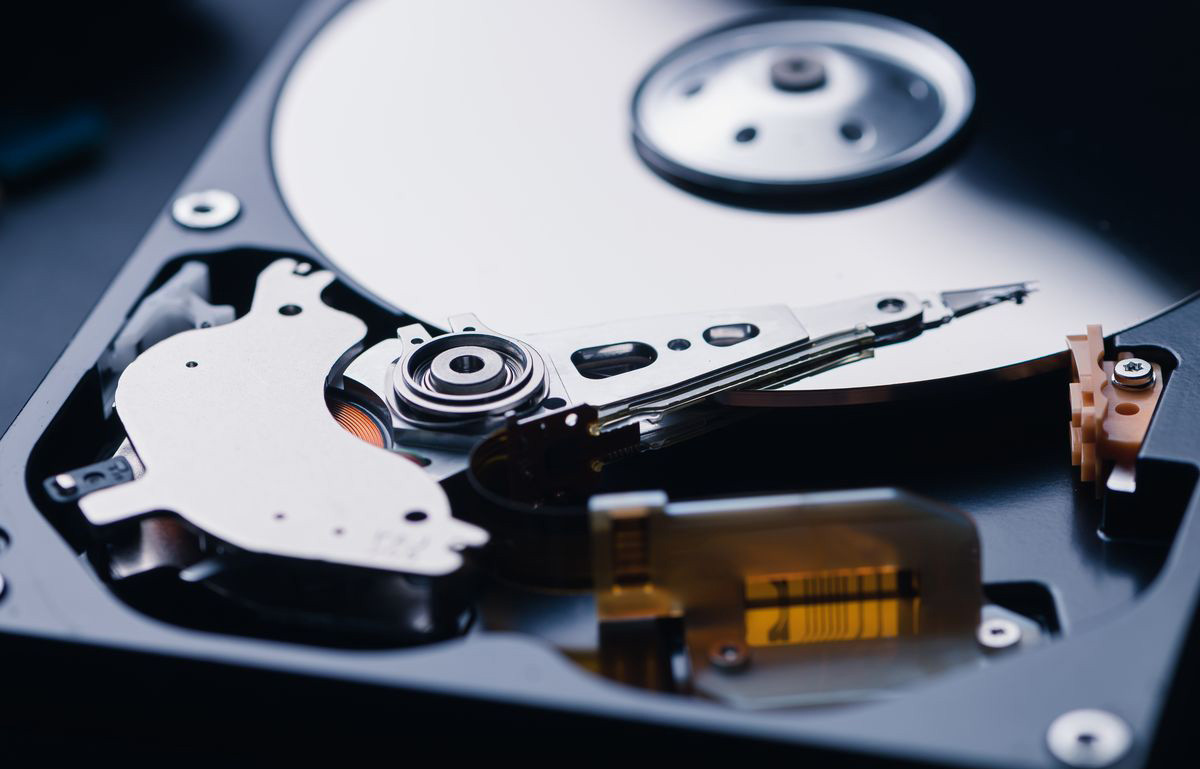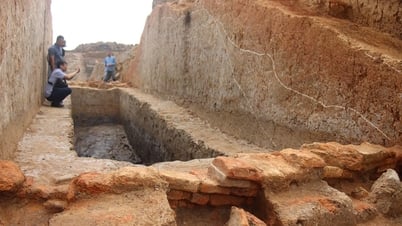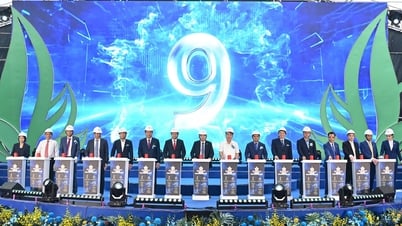(HNMO) - New research results from large-scale data storage company BlackBlaze (USA) show that, despite technological innovations, most modern hard disk drives (HDDs) still have an average lifespan of only about 3 years.
Conducted in the first quarter of 2023, the study evaluated 17,155 hard drives of various types and brands from 72 different brands. The results showed that the average lifespan of the drives was 22,360 hours, or 932 days, equivalent to about 2 years and 6 months. Of these, 35 types of drives had a longer lifespan than the average, but still only reached 2 years and 7 months.
BlackBlaze’s research is similar to statistics from data recovery company Secure Data Recovery, which recorded the lifespan of traditional hard drives at about 2 years and 10 months. This means that users should pay attention to backing up or replacing hard drives after 2 years of continuous operation to ensure the safety of stored data.
Notably, the data also shows that small drives with capacities of 1 to 4 terabytes have a longer lifespan than those with capacities of 12 terabytes or more. In the first quarter of this year, Western Digital had the lowest annual failure rate, at around 0.31%.
Meanwhile, Seagate has a much higher risk of 2.28% - that is, about 3 out of every 100 drives fail. For its part, Toshiba hard drives have an annual failure rate of 0.93% while HGST has a failure rate of 1.11%.
New research shows that despite their capacity advantage, traditional hard drives still lag behind newer solid-state drives (SSDs). In the first quarter of 2023, BlackBlaze recorded an average failure rate of just 0.89%. Meanwhile, the average lifespan of SSDs is currently difficult to accurately record, as most drives manufactured since 2018 are operating reliably without any manufacturing or external risks.
Source

























![[Photo] Overcoming the heat, practicing to prepare for the parade](https://vphoto.vietnam.vn/thumb/1200x675/vietnam/resource/IMAGE/2025/6/21/b93392e8da8243b8a32040d19590e048)


























![[Maritime News] Wan Hai Lines invests $150 million to buy 48,000 containers](https://vphoto.vietnam.vn/thumb/402x226/vietnam/resource/IMAGE/2025/6/20/c945a62aff624b4bb5c25e67e9bcc1cb)













































Comment (0)